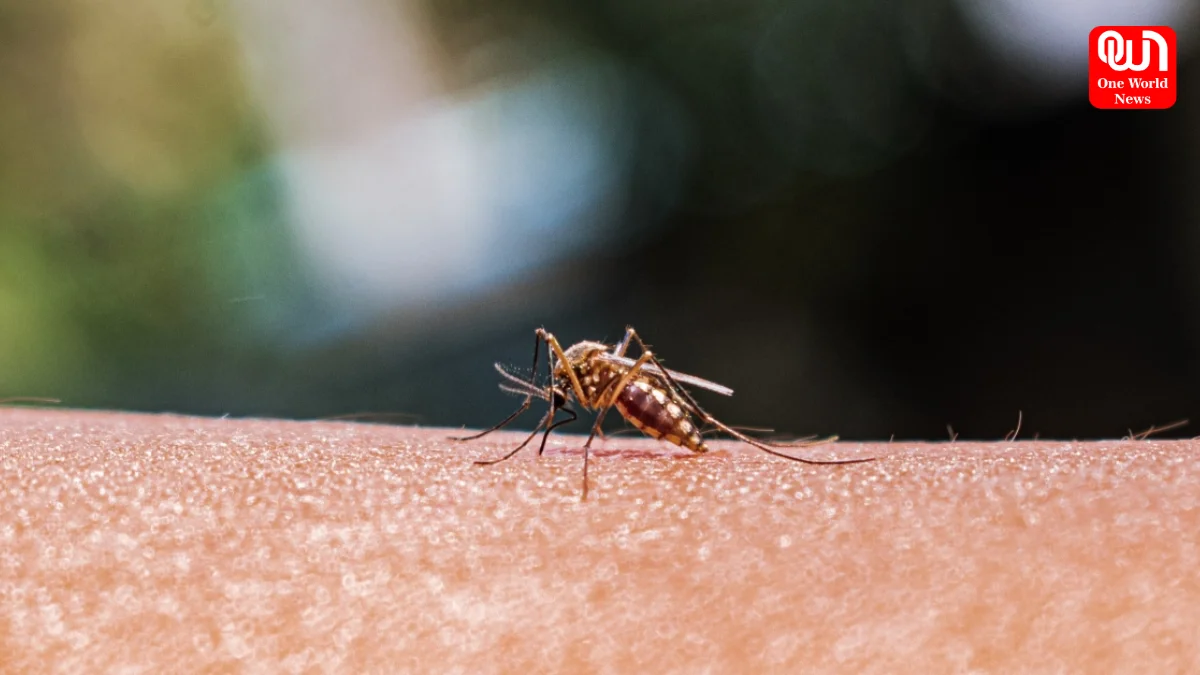Researchers Discover Antibodies Targeting Malaria, Opening Doors to New Treatments
With malaria, the mosquito-borne disease affecting millions across the globe, scientists have made a breakthrough.
Malaria-Targeting Antibodies Discovered: New Treatment Pathways Emerge from Research
With malaria, the mosquito-borne disease affecting millions across the globe, scientists have made a breakthrough. Researchers have identified a new class of antibodies with potent neutralizing activity against the Plasmodium parasite, the agent of malaria. This discovery holds great potential for designing novel and effective drug and vaccine candidates against this afflicting disease.
A study published in a leading scientific journal details the isolation and characterization of the antibodies. The team used advanced screening technologies to track antibodies in people naturally exposed to malaria. The researchers eventually isolated a panel of antibodies that can block the entry of the parasite into human red blood cells, a crucial step in its lifecycle.
The unique mechanism of action of these antibodies makes this finding even more exciting. While some antimalarial drugs work against established infection, these antibodies seem to prevent a parasite from getting into invaded red blood cells. Such preemptive strategies could lead to improved therapeutic strategies and even possible prophylactic strategies to prevent infection.
Further studies on these antibodies demonstrated a strong affinity and specificity for key surface proteins of the Plasmodium parasite necessary for interaction and invasion of red blood cells. By targeting these proteins, the antibodies neutralize the parasite in a most effective manner, preventing it from establishing infection.
In vitro studies to assess the blocking activity of these antibodies were done in a very rigorous way. Eagerly encouraging results were obtained, and down-blocking of invasion of the parasite was found to be significant among a variety of strains of Plasmodium falciparum, the most fatal agent of malaria. Initial in vivo studies in animal models also have looked promising, with a reduction of parasite burden and severity of disease being noted.
Read More: India Unfazed by Trump’s 26% Reciprocal Tariff, Says Official
This breakthrough opens ups some very exciting possibilities for research and development ahead. One of the main thrusts will be to further characterize the antibodies and identify the most potent and broadly neutralizing candidates for therapeutic development. This may include optimizing these antibodies for high efficacy, stability, and manufacturability.
Another critical direction is to investigate the application of these antibodies toward passive immunization. It may be possible to administer these antibodies to individuals at high risk of malaria infection, such as pregnant women and young infants, potentially allowing immediate effective protection against infection. Such a strategy may be especially useful in regions with high transmission rates of malaria.
The researchers remark that, while these findings hold great promise, a large amount of work still remains to transform the discoveries into clinical benefit, including adequate preclinical testing for safety and efficacy and clinical trial testing in properly designed human populations.
However, this find becomes a giant leap in the ongoing battle against malaria. The recognition of this new class of potent neutralizing antibodies truly gives fresh insight and provides horizons toward building therapeutic and preventive agents that, one day, could save lives and relieve the global burden of this disease on health. The commitment and cooperation of the research group further stresses the role of research in addressing the world’s most pressing health problems.
Like this post?
Register at One World News to never miss out on videos, celeb interviews, and best reads.








